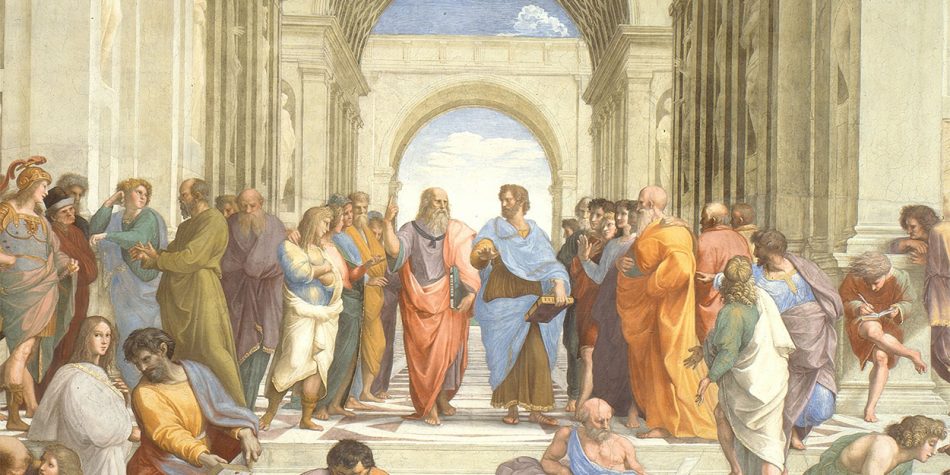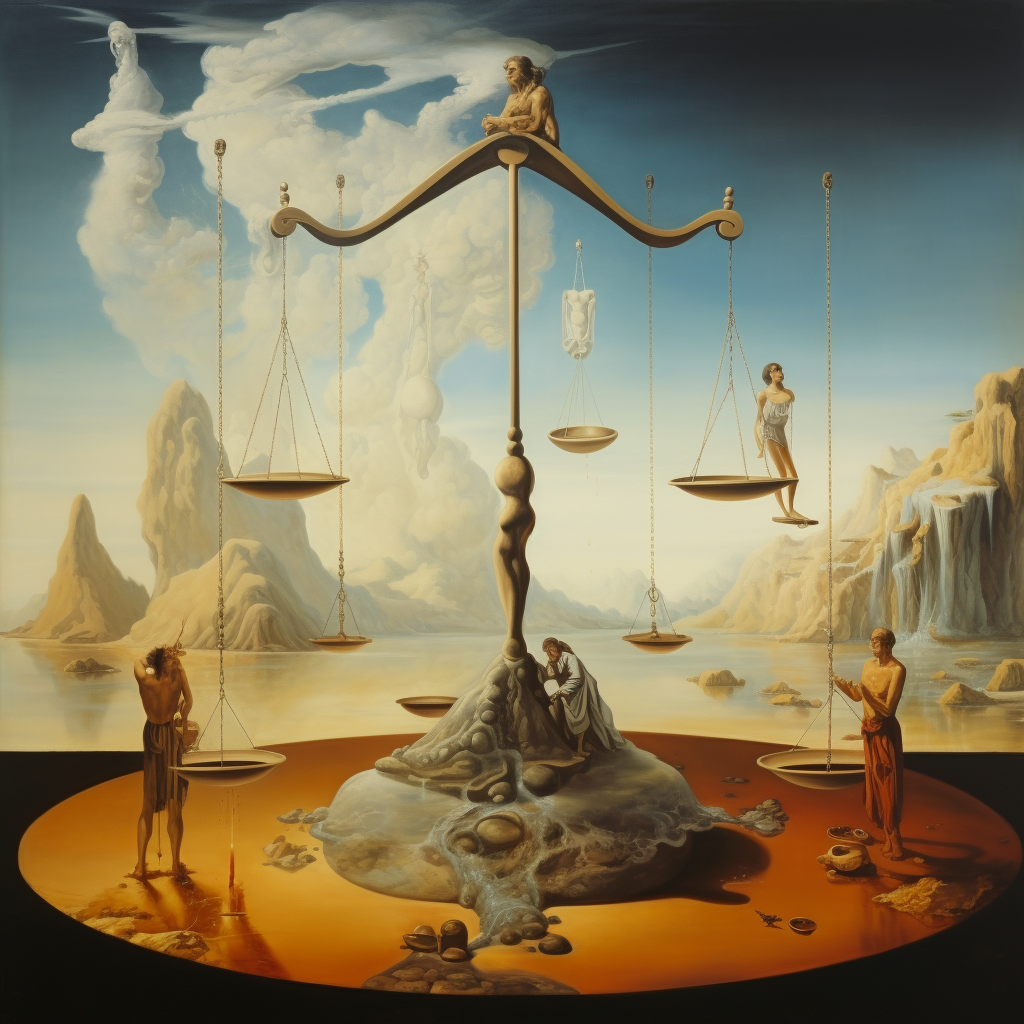“You keep using that word. I do not think it means what you think it means.”
– Inigo Montoya, Princess Bride
The modern West is not, as a rule, particularly concerned about sin in the traditional sense — but there are exceptions. For example, one “sin” certain to encourage opprobrium from all sides is the sin of intolerance.
But what does that even mean? When human beings speak the same language, we have this funny habit of assuming a word we say means the same thing to another person speaking our language. However, our tumultuous political times should disabuse us of this notion.
The word “tolerance,” can be used in at least two different ways. One way is the traditional way—the way found in most dictionaries. The other is a new way, one often implicitly used in prevailing political discussion or the popular media. It’s important to be clear about this, however, because we may say “tolerance” and mean it in the first sense, while someone else may mean it in the second.
A Christian author wrote recently about the difference:
To accept that a different or opposing position exists and deserves the right to exist is one thing; to accept the position itself means that one is no longer opposing it. The new tolerance [that is, the second sense of the word] suggests that actually accepting another’s position means believing that position to be true, or at least as true as your own. We move from allowing the free expression of contrary opinions to the acceptance of all opinions; we leap from permitting the articulation of beliefs and claims with which we do not agree to asserting that all beliefs and claims are equally valid. Thus we slide from the old tolerance to the new.
Tolerance in the first sense is an intellectual and spiritual virtue because it requires that we acknowledge that we do not necessarily have a monopoly on the truth. We dare not inhibit the expression of other ideas because humility insists that these might teach us something of value—or show us something we might be missing. And, even if we see ourselves as having an important truth to share with the world, an ethic of tolerance provides protection—in principle, at least—from being illegitimately silenced by others.
The new tolerance [that is, the second sense of the word] suggests that actually accepting another’s position means believing that position to be true.
This classic view of tolerance, then, assists in the crucial exchange of competing truth claims. In sharp contrast to this aspiration, however, is the new tolerance, which ironically seems to care little about contested perspectives of “the truth” and whether people have space to pursue it. But why has that happened? And how has that precious space of truth-seeking come to have so little value to so many?
I would argue that the largest reason for this troubling new view of tolerance is that our culture has largely given up on the idea that ultimate truth exists. If it does exist, people also seem skeptical about whether they can know it (thus, my values have as much chance of being true as your values). I can have my convictions, but to be “tolerant,” I should admit that they are in an absolute sense no better or no more likely to be correct than anyone else’s. As Theodore Dalrymple once put it, “The only permissible judgment in polite society is that no judgment is permissible.”
This does seem to be a pretty absolute claim about truth—that is, it is absolutely true that no absolute truths can be known with confidence. This implicit claim is usually just that: implicit, safely unsaid and, thus, unexamined. Without realizing it, then, members of The Church of Jesus Christ—and many other religious believers who hold that absolute truths exist—can thus often be set on a collision course with the world.
I’m suggesting here that the intensity of this larger conflict is partly connected to confusion over these two competing (and confounding) meanings of tolerance. When someone says they “tolerate” all religions, what do they mean? Is it that all religions are equally good, equally likely to get you to heaven? Or does that person mean they recognize the right of those religions to exist and for their adherents to practice their faith as they wish as long as it does not impact others in illegitimate ways?
Clearly, there is a massive difference between the two positions, but people often get them confused—or become offended when they expect the latter and receive only the former.
Individuals are perhaps entitled to expansive tolerance and patience in terms of speech and conscience. Actions, however, are not accorded such unrestricted liberties. Some things deserve unlimited tolerance, some a measured amount, and some none at all—think of murder or abuse. Surely these acts deserve no tolerance at all. A request for tolerance is not a free pass; it is instead an invitation to moral reflection. In the end, there are some things that we cannot tolerate—and should not.
A request for tolerance is not a free pass; it is instead an invitation to moral reflection
Transgressing certain boundaries bring us into conflict with mortal or divine law. All tolerance within the context of the restored Gospel is ultimately founded on a moral law—the conviction that there are absolute rights and wrongs. We may not all agree on what those rights and wrongs are: that is why we must be tolerant. But it is not intolerant to have such disagreements or to express them and stand up for our convictions.
The classical principle of tolerance is intended to permit and encourage exactly that. After all, shouldn’t we expect that everyone can change their minds and come to a better understanding of the truth? If not, keeping quiet might set people at a great disadvantage and presume they are incapable of changing or growing.
They may seek to persuade us, and we them—all in a spirit of charity. But it is never kind or charitable to refuse to speak what we believe to be true about weighty matters. Sadly, I expect the charge of intolerance against believing Latter-day Saints will not diminish in the years to come. It is simply too useful in the hands of those within and without the Church who reject some of the absolutes for which covenant members of the Church are compelled to stand. But ought we to be surprised? Jesus and his prophets have faced far worse.

















